Mozambique and Rwanda sign Status of Forces Agreement and APIEX- RDB MoU
Political crisis threatens decades of success in Mozambique – EU
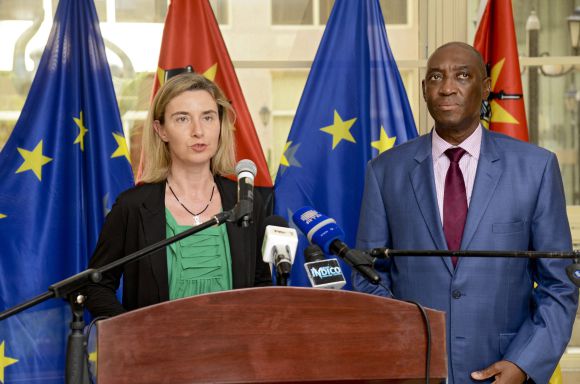
Lusa / Federica Mogherini and Oldemiro Balói, in a press conference in Maputo on Wednesday, February 25 2016.
The European Union’s chief diplomat, Federica Mogherini, has warned that the political instability in Mozambique is threatening the achievements of recent decades, and says she considers the recovery of a dynamic of reconciliation decisive for the country.
“We see the current developments (in Mozambique) in the political and security areas as a risk that threatens what has been achieved in recent decades,” Mogherini told journalists after a meeting with Oldemiro Baloi, Minister of Foreign Affairs and Cooperation.
Mogherini said that the world, and Europe in particular, sees Mozambique as “a national reconciliation and commitment to the peace process and dialogue success story,” highlighting the hardship of the people, already threatened by natural disasters.
Mozambique is experiencing its worst political and military crisis since the signing in Rome of the Comprehensive Peace Agreement by the government and Renamo (Mozambican National Resistance) ended 16 years of civil war in 1992, with new clashes presenting a worsening picture in recent weeks.
“We are ready to help the country at this difficult time, especially its population,” said the High Representative for EU Foreign Affairs, adding that “finding a way to recover a dynamic of reconciliation” was imperative, and calling for “collective responsibility”.
Reiterating that the EU was “a long-standing partner” of Mozambique, the European diplomat noted that the country’s successes in recent years, which she attributed to “courageous leadership”, had also contributed to “improving and strengthening” relations between the parties.
After a meeting with Minister Baloi, Mogherini announced that President Nyusi would visit Brussels in about two months and that the meeting yesterday was in part preparation for his visit.
Speaking to journalists, Baloi also focused on the relationship with the EU, saying it was “by far” the country’s major partner, and that the meeting served to “make [the relationship] more dynamic”.
Baloi pointed out that, through the European Development Fund, Mozambique will receive EUR721 million by 2020, a “very significant” sum.
European funds, Baloi said, would be directed to general state budget support as well supporting governance, supporting institutions and civil society, agriculture and nutrition, and comprehensive needs including roads and energy.
“These are areas that match our priorities and have great impact on the development of the country,” Mozambican minister said.
Federica Mogherini’s visit comes among as instability is increasing in Mozambique, with the government and Renamo exchanging accusations of armed attacks, kidnappings and political assassinations.
The EU has expressed its concern over the escalation of political violence on several occasions, and last week called for an immediate end to the armed attacks on the roads of the centre of the country which the authorities attribute to Renamo, an EU source told Lusa.
The crisis is rooted in Renamo’s refusal to recognize the results of the 2014general elections, alleging fraud in spite of international recognition, and its threat to take control by force of the six provinces where it claims electoral victory from March.
The EU visit agenda includes meetings with President Nyusi and the parliamentary opposition, including Renamo, as well as meetings with civil society and the private sector.


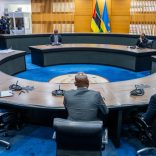
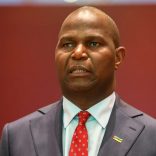


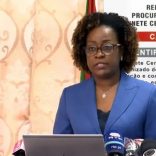
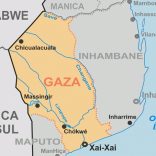




Leave a Reply
Be the First to Comment!
You must be logged in to post a comment.
You must be logged in to post a comment.